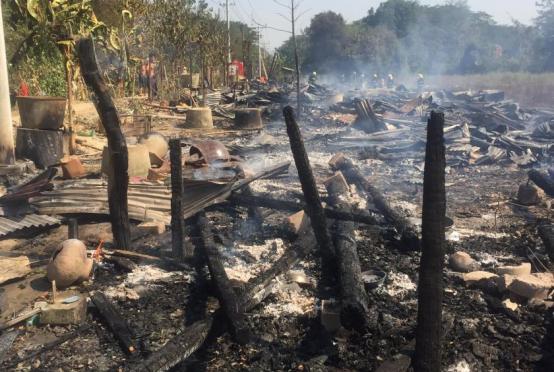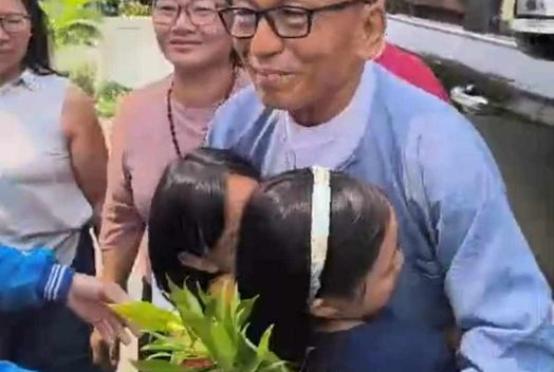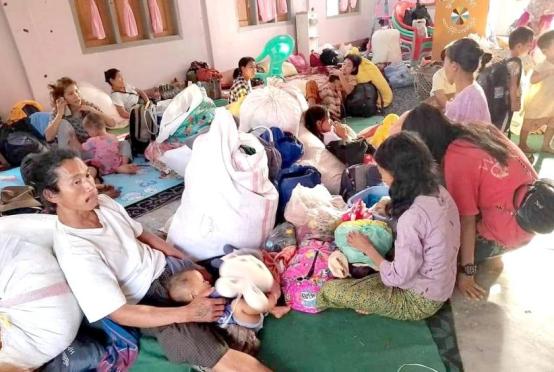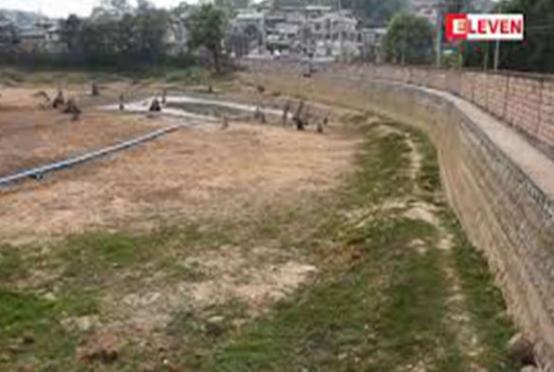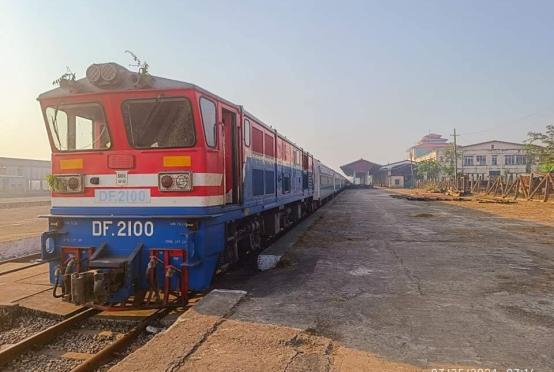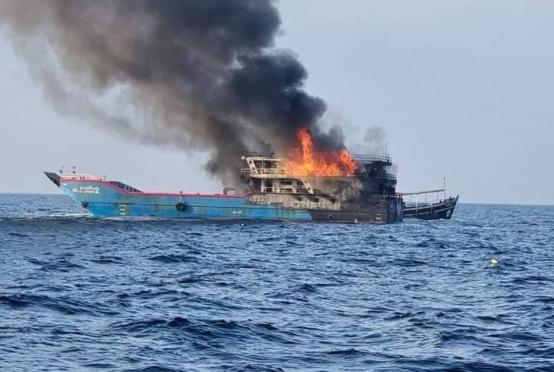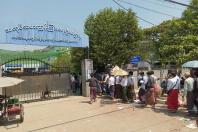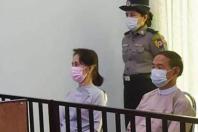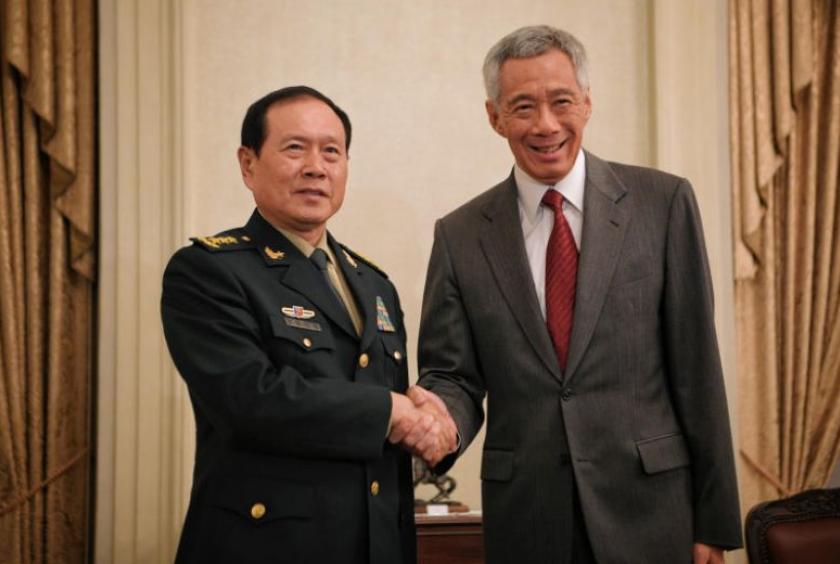
SINGAPORE (The Straits Times) - With the defence leaders of both countries scheduled to speak, observers are hoping for more clarity over the trajectory of the Sino-United States relationship at this year's Shangri-La Dialogue in Singapore.
Starting on Friday, the annual forum will see Chinese Defence Minister Wei Fenghe and US Acting Defence Secretary Patrick Shanahan address plenary sessions on regional security and confidence-building measures, with Prime Minister Lee Hsien Loong emphasising the importance of stable and constructive ties between the two superpowers.
The three-day dialogue, to be held at the Shangri-La hotel, comes at a time of heightened trade tensions between Washington and Beijing, which has upended export and import-led growth calculations for several other economies and is beginning to influence the future direction of their relationships with US and China as well.
The premier defence summit, that allows regional defence ministers, military chiefs, leaders and policymakers to engage in debate and discussion, has been organised annually by the London-headquartered International Institute for Strategic Studies (IISS), since 2002.
Announcements and statements made by American and Chinese officials and policy influencers on their bilateral ties ahead of the discussions seem to be dwarfing other significant issues that will be brought up at the forum - including concern about the stalled talks with North Korea, cyber security and maritime security issues, among others.
General Joseph Dunford, chairman of Pentagon's Joint Chiefs of Staff, accused Chinese President Xi Jinping of reneging on promises not to militarise the South China Sea, while giving a talk at Brookings Institution in the US.
"The fall of 2016, President Xi Jinping promised President (Barack) Obama that they would not militarise the islands. So what we see today are 10,000 foot (3km) runways, ammunition storage facilities, routine deployment of missile defence capabilities, aviation capabilities, and so forth," he said, calling for collective action to enforce international laws.
Chinese Defence Minister Wei Fenghe calls on Prime Minister Lee Hsien Loong at the Istana on May 30, 2019.
Separately, speaking to reporters on his way to Jakarta on Wednesday, Mr Shanahan said China remained his top defence priority although threats in the Middle East and North Korea would "consume" his time.
"Implementation of the National Defence Strategy is my top priority, (and) China is the priority," he was quoted as saying in a Voice of America report.
US officials have said his trip to the Asia-Pacific is a "listening trip" and he would be seeking to assure allies of Washington's commitment to security in the region.
IISS-Asia executive director, Dr Tim Huxley, said along with Washington's thinking on the challenges from China and North Korea, Mr Shanahan "is expected to spell out more in detail how the US Department of Defence will play a part in operationalising the administration's Free and Open Indo-Pacific strategy".
General Wei, who is leading the People's Liberation Army delegation to this year's dialogue, will speak about international security cooperation on June 2 and will take questions as well.
This is only the second time that a Chinese defence minister will be attending the forum. The last time was in 2011, on the 10th anniversary of the dialogue, when China's then Defence Minister Liang Guanglie attended the meet.
"China's heavyweight military delegation is comprised not only of experts in international military cooperation and defence relations but also includes two very senior officers with leadership experience in China's southern theatre command, the military region encompassing the South China Sea," said Mr Alexander Neill, Shangri-La Dialogue senior fellow for Asia-Pacific Security (see opinion).
China's high-level participation signals its intent to use significant opportunities to clarify or defend its position, say other experts.
Dr Li Mingjiang, Associate Professor and coordinator of the China programme at the Institute of Defence Studies and Strategic Studies, Singapore, told The Straits Times that Gen Wei's visit for the dialogue has to do with the strategic rivalry between China and the US.
"Chinese leaders might be feeling that the matter is at a critical juncture, and they should use every opportunity to explain China's position," he said.
Prof Li said it looks like the Indo-Pacific concept could be a focal point at the forum, and added that China might want to roll out some of its own proposals on improving regional security.
"They may not propose big things, but they are likely to emphasise cooperation and that regional security should be inclusive, rather than being exclusive," he added.
During his keynote address on Friday, PM Lee is expected to highlight the role Singapore and other small states could play in bolstering the world order.
This year's dialogue will see 33 ministerial-level delegates and over 30 chiefs of defence force and senior defence officials, as well as prominent academics from 47 countries attending the dialogue, a statement from Singapore Ministry of Defence said on Thursday.
President Halimah Yacob will host delegates to a dinner at the Istana on Saturday while Singapore's Defence Minister Ng Eng Hen will speak at the sixth plenary session on Sunday on "Ensuring a Resilient and Stable Region", it added.
https://www.straitstimes.com/singapore/sino-us-ties-set-to-take-centrest...

